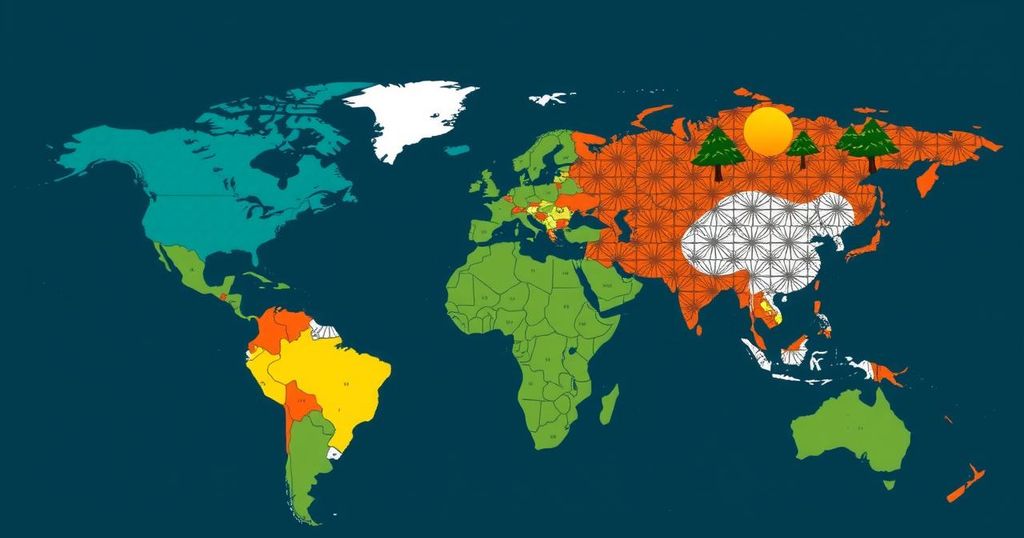Richer nations are beginning to compensate poorer ones for climate change impacts, exemplified by financial aid received by victims of Cyclone Freddy in Malawi. Approximately $720 million has been pledged, but experts warn this will be insufficient as climate disasters increase. Negotiations at COP29 aim to finalize funding distribution, reflecting growing recognition of wealthier nations’ responsibility.
The phenomenon of loss and damage compensation has emerged as a vital financial mechanism for assisting poorer nations affected by climate change. Following the devastating impact of Cyclone Freddy in 2023, which inundated regions in southern Malawi, individuals such as Christopher Bingala received significant financial aid. This funding allowed them to reconstruct their homes and livelihoods after losing everything to the cyclone. The compensation highlights a broader agreement made by wealthier nations to support developing countries facing the brunt of climate-related disasters, despite their minimal contribution to global emissions. With approximately $720 million pledged thus far, experts emphasize the urgent need for increased funding as climate change exacerbates the frequency and severity of natural disasters.
As representatives gather at the COP29 climate summit in Baku, the discussion centers around establishing an effective framework for distributing these funds, reflecting a recognition of the responsibility richer nations hold towards affected countries. The damages from climate change have increasingly burdened local economies, leading to rising national debts, notably in the Bahamas post-Hurricane Dorian. International cooperation and financial commitment are crucial as the anticipated costs of climate-induced damages could balloon to $250 billion annually by 2030. This situation underscores the necessity for richer countries to take proactive steps, not only for the benefit of the most vulnerable populations but also for their own long-term stability and safety.
Climate change has resulted in intensifying disasters that disproportionately impact low-income nations, which contribute minimally to global emissions. Cyclone Freddy exemplifies this as it wreaked havoc in Malawi, displacing many families and highlighting the urgent need for targeted financial assistance. In response, wealthier nations agreed to establish a compensation fund addressing the damages incurred by developing countries. This fund is intended to not only cover recovery costs but also to support broader climate adaptation measures.
The establishment of loss and damage compensation is a crucial step towards addressing the needs of vulnerable populations affected by climate change. As devastation from extreme weather worsens, the responsibility of wealthier nations grows, necessitating a robust financial response. The ongoing negotiations at COP29 are pivotal in setting the terms for aid distribution, establishing a framework that can alleviate the financial burden on countries like Malawi and the Bahamas. A commitment to enhancing support will ultimately benefit not just those in need but the global community as a whole, reinforcing the interconnectedness of climate issues.
Original Source: www.southcarolinapublicradio.org






